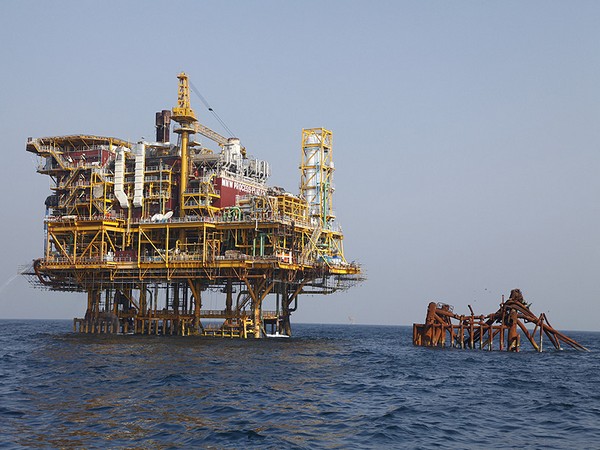
New Delhi: The ongoing Red Sea crisis has prompted Asian refiners to reassess their oil policies and develop alternative plans to secure steady feedstock flows.
While immediate impacts on near-term oil supplies appear limited, the situation has refiners contemplating alternative routes to ensure uninterrupted feedstock supply, potentially leading to increased insurance costs and squeezed refining margins, according to S&P Global Commodity Insights (GCI).
Despite Asia's heavy reliance on imported oil, the strategic efforts of top importers to diversify their oil import baskets and expand strategic storage in recent years provide a buffer for ensuring smooth feedstock flow even in the face of crises.
According to Zhuwei Wang, Asian oil analytics manager at S&P Global Commodity Insights, the Red Sea crisis affects Asian oil flows in three ways: potential hurdles for Russian crude flowing to Asia, cautiousness among exporters of products moving north-bound from Asia to Europe, and longer routes leading to incremental bunker demand in Asia.
"First, any escalation will create hurdles for Russian crude flowing to Asia, forcing buyers to look for substitutes from other origins," Wang said.
He added, "Secondly, for products moving northbound from Asia to Europe, exporters are cautiously watching developments before taking the plunge. Additionally, longer routes have the potential to create incremental bunker demand in Asia."
Chinese oil flows have seen limited impact, with the bulk of Red Sea crude imports coming from Russia.
The impact on Russian oil flows to India has also been minimal, with no major diversions observed so far.
The re-routing of vessels through the Cape of Good Hope due to Red Sea tensions could lead to extended voyage lengths, higher fuel requirements, and increased overall costs.
Red Sea tensions are expected to support Asia's bunkering demand in Q1.
While Asia is not necessarily concerned about Middle Eastern sour crude supplies for 2024, rising delivery costs, risk premiums demanded by shippers, and higher tanker insurance costs are impacting refining economics.
Logistics costs are becoming a worry, ultimately affecting Asia's refining margins.
Asian refiners may explore options like African, US, and South American crude to maximize margins.
US crude, in particular, is gaining attractiveness for Asian refiners due to its competitive pricing compared to Middle Eastern high sulfur grades.
The outright price spread between WTI MEH (Magellan East Houston) and the Middle Eastern benchmark Dubai crude has been narrowing, making higher quality US crude an attractive option for Asian refiners.
As the Red Sea crisis unfolds, Asian refiners are adapting to navigate potential disruptions in feedstock supplies.
The focus on alternative routes and diverse crude procurement strategies reflects the region's commitment to ensuring energy security and managing refining economics in the face of geopolitical tensions.
The delicate balance between geopolitical factors, logistics costs, and refining margins will continue to shape the strategies of Asian refiners in the near term.